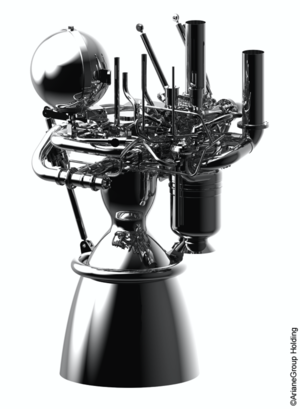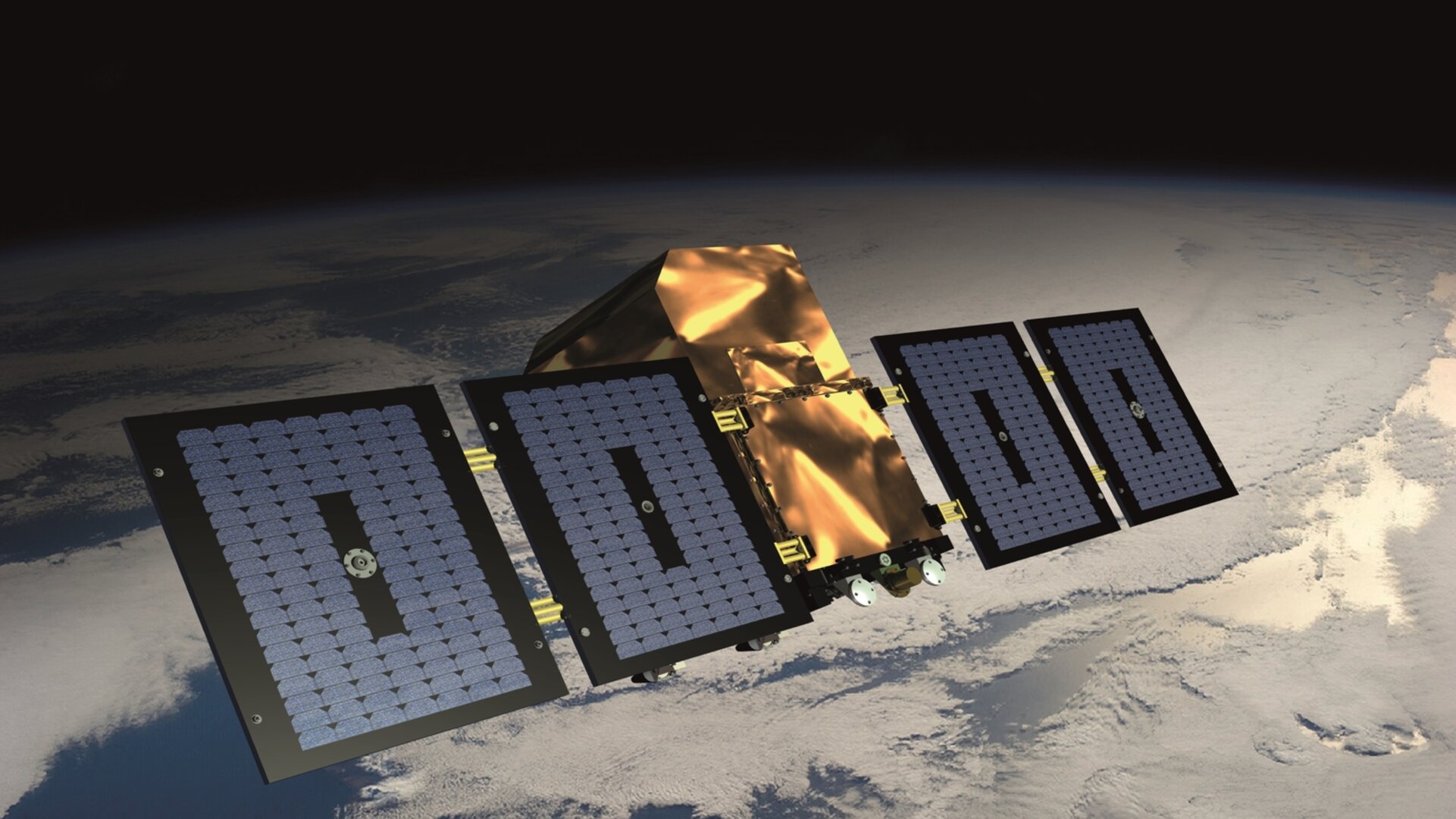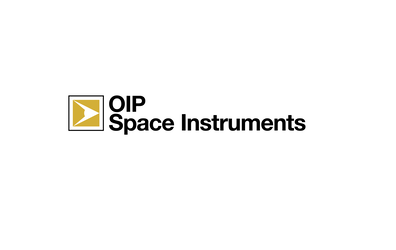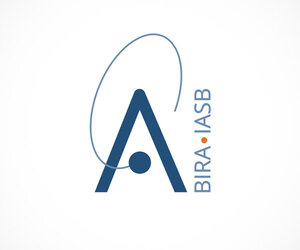Contract secures build of ozone-monitoring Altius satellite
ESA has awarded a contract to QinetiQ to build Altius. This new mission will deliver profiles of concentrations of stratospheric ozone with high vertical resolution, as well as profiles of other atmospheric trace gases.
The contract, worth €75 million, was signed today at ESA in the Netherlands by the Agency’s Director of Earth Observation Programmes, Josef Aschbacher, and QinetiQ Space’s CEO, Erik Masure.

The mission was initially proposed by the Belgian Institute of Space Aeronomy.
With the contract in place, QinetiQ will lead a consortium of companies, including the OIP Sensor Systems the prime contractor for the satellite instrument, from Belgium, Canada, Luxembourg and Romania to build the Altius satellite and make it ready for launch from French Guiana by the end of 2023.
While the ozone hole over Antarctica has been recovering in recent years, it is still a serious concern. And, needless to say, the understanding and monitoring of Earth’s atmosphere, with the rise in greenhouse gases that fuel climate change, is one of the most serious environmental issues humankind is currently facing.
Carrying an instrument that images in the ultraviolet, visible and near-infrared channels, the Atmospheric Limb Tracker for Investigation of the Upcoming Stratosphere, or Altius for short, will measure both stratospheric ozone and other atmospheric trace gases such as nitrogen dioxide and aerosols that affect air quality.
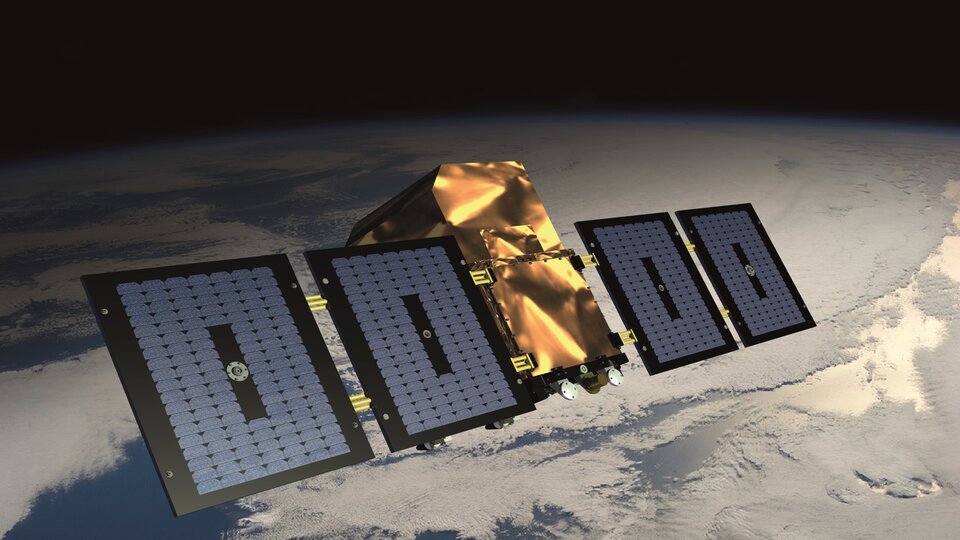
As its name suggests, Altius will not look straight down on Earth, but will observe the atmosphere along Earth’s horizon. The ‘limb-sounding’ technique allows trace gases such as ozone to be profiled so that concentrations can be seen at different altitudes with high vertical resolution. These data will be a valuable complement to that provided by nadir-looking missions such as Copernicus Sentinel-5P, Sentinel-4 and Sentinel-5.
Jim Graham, QinetiQ’s Managing Director of Space Business, said, “Detailed monitoring of stratospheric ozone is vital and will support broader operational services as well as long-term monitoring and scientific understanding of the atmosphere to help address serious concerns about Earth’s protective ozone layer. By also measuring greenhouse gases, it will help to produce definitive atmospheric models to support more-informed decision-making.”
Josef Aschbacher added, “We are delighted to sign the contract and look forward to seeing the mission fulfil its promise. Altius, which is being financed largely by Belgium, but also with contributions from Canada, Luxembourg and Romania, is being developed within our Earth Watch programme.”















 Germany
Germany
 Austria
Austria
 Belgium
Belgium
 Denmark
Denmark
 Spain
Spain
 Estonia
Estonia
 Finland
Finland
 France
France
 Greece
Greece
 Hungary
Hungary
 Ireland
Ireland
 Italy
Italy
 Luxembourg
Luxembourg
 Norway
Norway
 The Netherlands
The Netherlands
 Poland
Poland
 Portugal
Portugal
 Czechia
Czechia
 Romania
Romania
 United Kingdom
United Kingdom
 Slovenia
Slovenia
 Sweden
Sweden
 Switzerland
Switzerland























